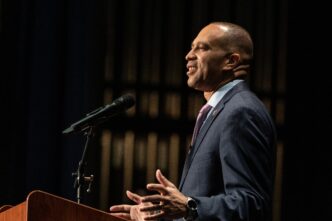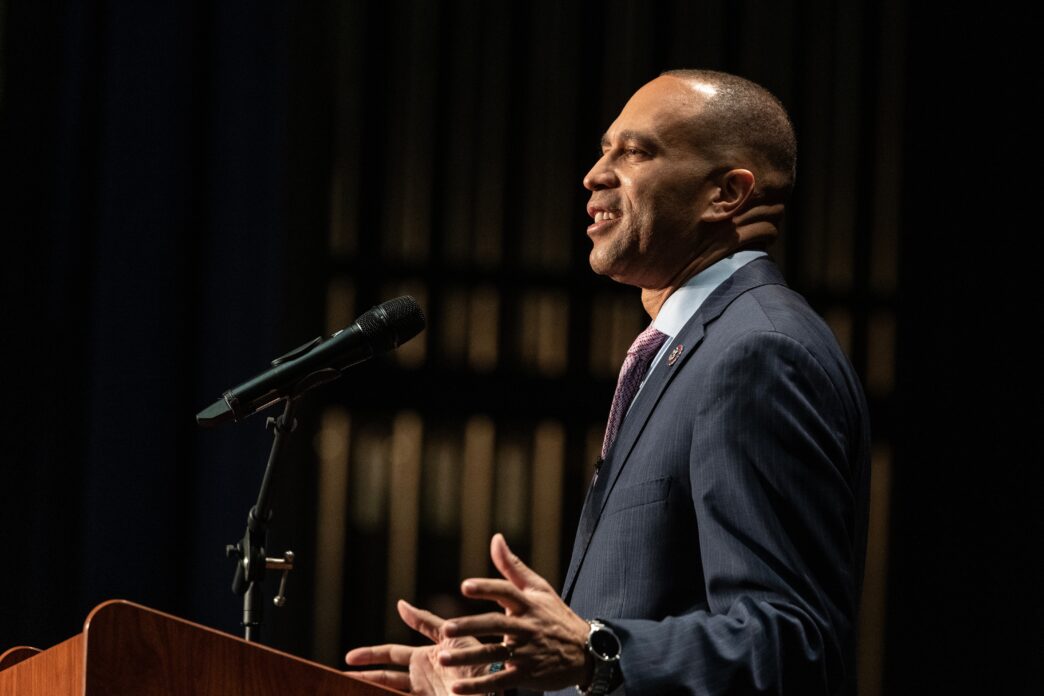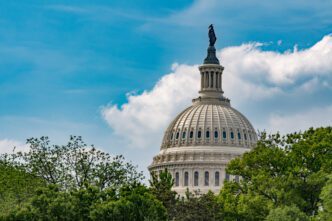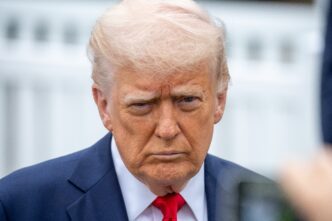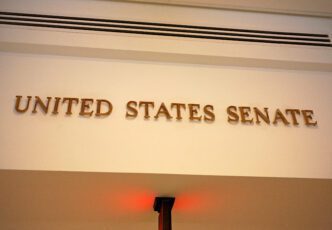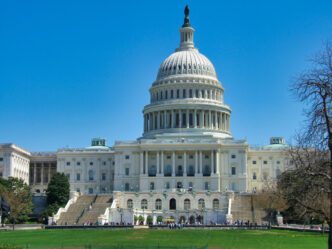Executive Summary
- Democrats are intensifying their opposition to a potential shutdown deal, emboldened by recent electoral victories and pushing for tangible healthcare gains.
- President Trump has privately and publicly acknowledged that the government shutdown is politically damaging for Republicans.
- Ongoing negotiations to end the shutdown are complicated by Democratic demands for concrete commitments on enhanced Affordable Care Act subsidies, while Trump has not signaled new concessions.
The Story So Far
- The ongoing government shutdown is significantly complicated by recent Democratic off-year electoral victories, which have emboldened the party’s progressive wing to demand concrete concessions, particularly the extension of Affordable Care Act subsidies, as a condition for resolution. This increased Democratic resolve persists even as President Trump acknowledges the political damage the prolonged stalemate is inflicting on Republicans.
Why This Matters
- Recent Democratic electoral victories have emboldened the party to harden its stance in shutdown negotiations, particularly regarding healthcare provisions, making a swift resolution less likely as progressive demands for concrete gains clash with ongoing bipartisan talks. This increased Democratic resolve, coupled with President Trump’s acknowledgment of the political damage the shutdown is inflicting on Republicans, suggests a prolonged stalemate and heightened pressure on both parties to navigate the political fallout.
Who Thinks What?
- Democrats, particularly the progressive wing and House Democrats, are emboldened by recent electoral victories and insist on securing tangible healthcare gains, specifically extended Affordable Care Act subsidies, before agreeing to any shutdown deal, resisting proposals that only promise a future vote without a guaranteed outcome.
- President Trump and some Republican allies acknowledge that the government shutdown is politically damaging the Republican party and desire a resolution, though Trump has not signaled a new willingness to grant Democrats additional concessions.
- Centrist Democrats are actively engaged in negotiations with Republicans to find a “reasonable path forward” to end the standoff, showing openness to a GOP-proposed offramp that includes a future vote on Obamacare subsidies, while also discussing constraining President Trump’s power of the purse.
Democrats are intensifying their opposition to a potential shutdown deal, emboldened by significant off-year electoral victories on November 5, 2025. This surge in progressive resolve, particularly concerning healthcare provisions, challenges ongoing negotiations between centrist Democrats and Republicans in Washington D.C., even as President Trump acknowledges the political toll of the government stalemate.
Democratic Mobilization Post-Elections
Senator Bernie Sanders has been a vocal proponent of this stance, urging Democrats not to concede without securing a tangible victory on healthcare. Prior to the elections, he reportedly presented polling data to his colleagues showing voters would penalize the party for yielding without gains.
Following Tuesday’s significant Democratic wins, including in Virginia, lawmakers like Senator Chris Murphy of Connecticut argued that the election results provided a strong mandate to continue fighting. House Democrats, led by Minority Leader Hakeem Jeffries, also pressed centrist Senate colleagues to resist the emerging deal during a private call.
Trump’s View and GOP Concerns
Democrats were further emboldened by President Trump’s private remarks to Senate Republicans, where he reportedly stated their party was being “killed” politically by the shutdown. Publicly, Trump also conceded that “the shutdown was a big factor, negative for the Republicans.”
Some Republican allies in Congress echoed these concerns. Senator Jim Justice stated that anyone who didn’t believe the shutdown hurt Republicans was “living in a cave,” emphasizing the public’s desire for a resolution.
Ongoing Negotiations and Healthcare Focus
The election results have complicated Washington’s shutdown politics, prompting leaders from both parties to cautiously assess their next moves as the government shutdown enters its 36th day. However, it remains unclear if the outcome will fundamentally shift the strategy of either side.
A dozen or so centrist Democrats are actively engaged in talks with Republicans to end the standoff. A key point of contention is the Democratic push to extend soon-to-expire enhanced Affordable Care Act subsidies, with some fearing a deal that only promises a vote on the issue without a guaranteed outcome.
While some Democrats, like Senator Gary Peters, feel the election strengthened their position, others, such as Senator Mark Kelly, highlighted ongoing discussions for a “reasonable path forward.” Senator John Hickenlooper suggested the election results had not significantly altered his perspective on the negotiations.
Leadership Dynamics and Trump’s Stance
As of Tuesday night, roughly a dozen Senate Democratic centrists had privately indicated openness to a GOP-proposed shutdown offramp, which includes a future vote on Obamacare subsidies. These senators continued intense negotiations on Wednesday to reopen the government, though the timing of any announcement remains uncertain.
Senator Catherine Cortez Masto emphasized that “no deal” had been reached and that discussions also included constraining President Trump’s ability to interfere with Congress’s power of the purse. Party leadership is not directly involved in these specific talks.
Pressure is mounting on Senate Minority Leader Chuck Schumer, who has refrained from publicly stating his position on the talks. Senator Sanders notably appeared at Schumer’s press conference to insist that Democrats must secure a concrete commitment from President Trump on a healthcare bill, not just a promise.
President Trump, despite his evident annoyance with the election outcomes, has not signaled a new appetite for granting Democrats additional concessions. Instead, he has urged Senate Republicans to abolish the filibuster, an idea GOP leaders have deemed a nonstarter.
Outlook on a Resolution
Some of Trump’s advisers believe that moderate Democrats’ desire for an off-ramp will ultimately outweigh the progressive wing’s push to continue the fight. Republicans acknowledge increasing pressure to find a resolution as the shutdown’s impact grows, with one Senate GOP aide predicting that a “losing Trump” could become more assertive in pushing his agenda.

